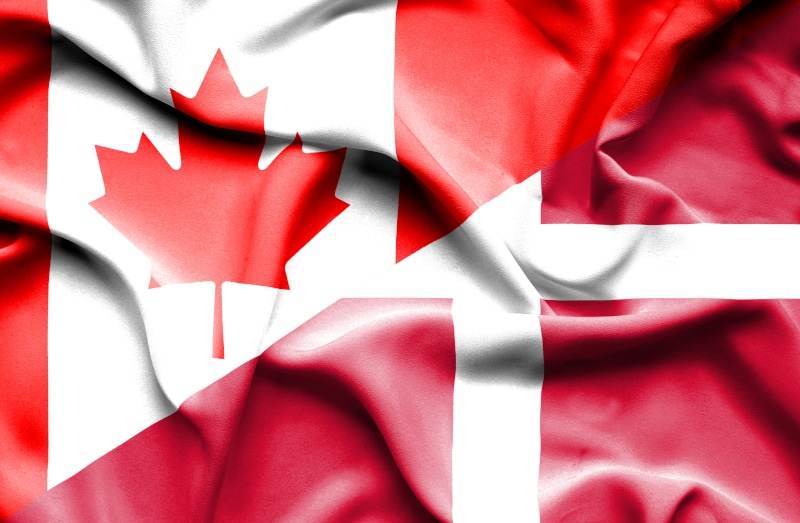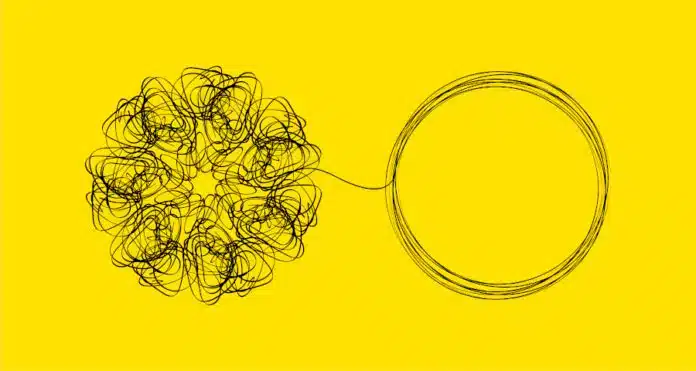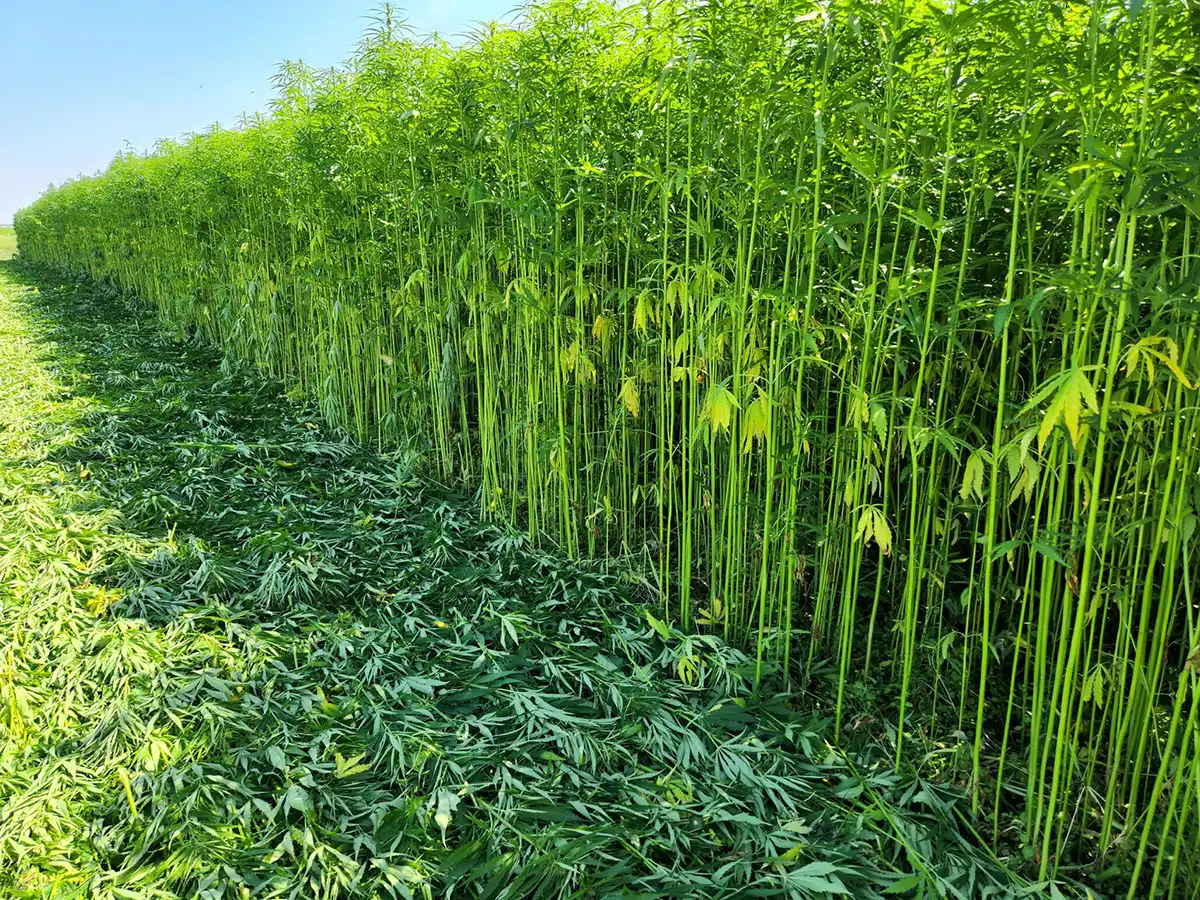I just got back from Denmark where I went to visit with our processing equipment supplier, Cimbria. When I think about the seed processing business, I’m struck by how similar it is across borders. Sure, there are local differences — climate, regulations, crop types — but at the core, seed processors everywhere face the same set of challenges.
No matter where you go, they’re dealing with three main things:
- Quality – Consistently producing high-quality seed.
- Reliability – Having facilities and processes in place to deliver on that quality every single time.
- Execution – Ensuring the right equipment is chosen, projects are executed properly, and facilities can adapt to future needs.
These priorities transcend language, borders, and culture. The goal is the same: get to the finish line and meet customer expectations.
That said, in Canada, our situation can be unique in some ways. We’re a massive country with a relatively small population — 40 million people spread across a landmass larger than most countries in the world can imagine. That brings both challenges and opportunities.
For one, our agricultural diversity is significant. From the Prairies to Ontario, we’re dealing with a wide mix of crops, and that variety demands flexibility. Many of our seed plants handle a broader range of seed types than you might see elsewhere.
This need for versatility shapes how we approach projects. When designing a seed plant, we don’t just think about the immediate needs. When we build facilities, we plan for growth. How will this plant evolve? Where can we expand if needed? One of our own buildings was designed with the ability to tack on more warehouse space if we ever outgrow the current setup. We don’t expect to need it anytime soon, but the option is there.
Europe has long been seen as the expert in seed processing — which it is in many ways, especially when it comes to equipment design. Yet here in Canada, we’ve developed a deep expertise of our own. It’s not a contradiction so much as a collaboration — drawing on global knowledge while adapting it to our unique circumstances.
In Canada, we’ve got the space, the expertise, and the mindset to not only meet today’s challenges but to build for the future. That’s what sets us apart.








